Some of the biggest names in higher education dominate the top 10 list of business schools in the Americas, but smaller schools are rising up fast as all of business education struggles, according to a report by the Financial Times.
The publication's second annual top 25 business school ranking comes at a time when traditional business schools, especially those offering full-time, two-year M.B.A. programs, are suffering from declining enrollment.
U.S. business schools saw a 7 percent drop in applications to their M.B.A. programs last year, the fourth year in a row the number declined, according to the Graduate Management Admission Council, which administers the GMAT admissions exam.
The time and cost involved with traditional programs have been cited as among the main reasons for the drop in enrollment, leading some colleges to find ways to offer students a more flexible and specialized path to a business degree, according to news reports.
In its new ranking, the Financial Times noted that many of the fastest risers on its top 25 list "are not those that rely on the full-time M.B.A., but those business schools that have proved adept at providing courses that fit in with student demands for greater flexibility in the way they learn."
Some schools have found success by offering part-time Executive M.B.A. (E.M.B.A.) programs, according to the Financial Times. The rankings were based on an assessment of each school's M.B.A., E.M.B.A., master’s in management (MiM) and executive education programs.
Rutgers Business School in Newark, N.J., for example, finished 49th on the Americas list for its M.B.A. program, but its overall rank was 24 because of its executive education program, according to the Financial Times.
Among business schools not located in the U.S., the highest ranked was Incae Business School, which has campuses in Costa Rica and Nicaragua. The school was ranked 11th on the overall list, the same place it was ranked in 2017.
The top 25 rankings "reflect both the quality and breadth of business schools’ offerings," the newspaper reported.
These, in ascending order, are ranked as the top 10 business schools by the Financial Times:
10. Harvard Business School
Rank in 2017: 7
Famous alumni: former New York City Mayor Michael Bloomberg, NFL New England Patriots owner Robert Kraft and hedge fund manager Ray Dalio.
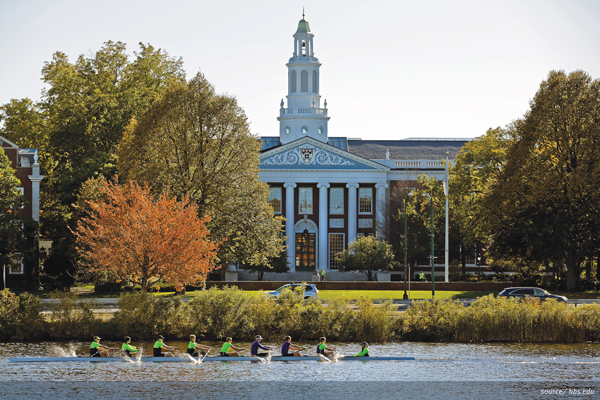
9. Stanford Graduate School of Business
Rank in 2017: 10
Famous alumni: Schwab Corp. founder Charles Schwab; hedge fund manager Tom Steyer; and Laurene Powell, the widow of Apple co-founder Steve Jobs.
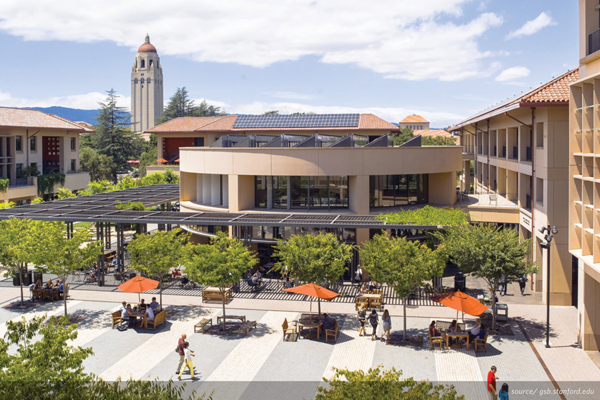
8. Washington University's Olin Business School
Rank in 2017: 17
Famous alumni: former TIAA-CREF CEO John Biggs and former Anheuser-Busch President David Peacock.
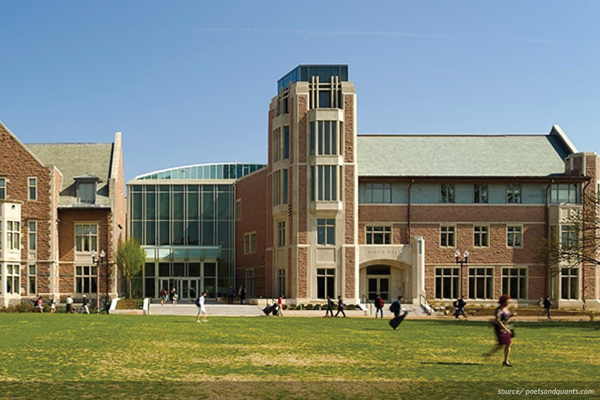
7. Duke University's Fuqua School of Business
Rank in 2017: 6
Famous alumni: Apple CEO Tim Cook and Melinda Gates, wife of Bill Gates and co-founder of the Bill & Melinda Gates Foundation.
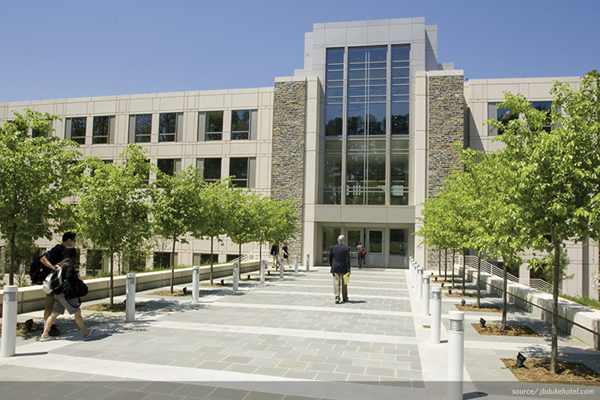
6. UCLA Anderson School of Management
Rank in 2017: 8
Famous alumni: PIMCO co-founder Bill Gross and BlackRock CEO Laurence Fink.
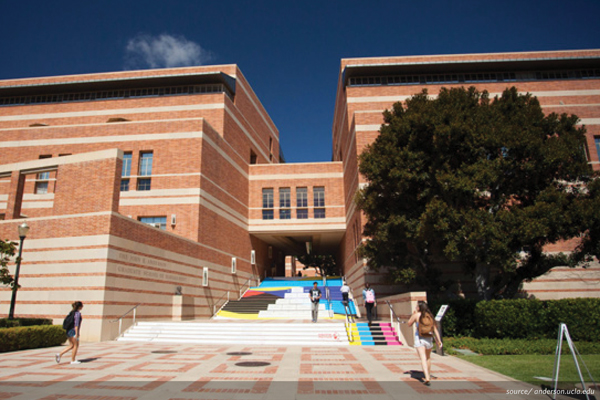
4. (tie) University of Michigan's Ross School of Business
Rank in 2017: 5
Famous alumni: NFL Miami Dolphins owner Stephen Ross and Michigan Gov. Rick Snyder.
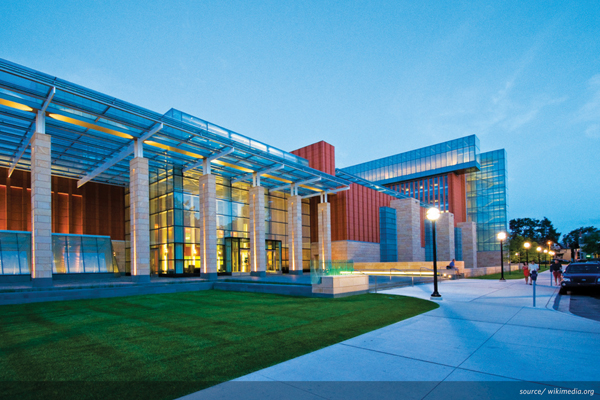
4. (tie) University of Chicago's Booth School of Business
Rank in 2017: 4
Famous alumni: hedge fund manager Cliff Asness and former New Jersey Gov. Jon Corzine.
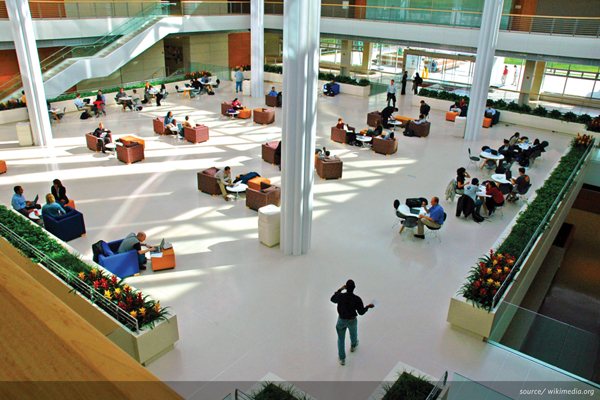
3. Columbia Business School
Rank in 2017: 2
Famous alumni: billionaire investor Warren Buffett, businessman Henry Kravis and Ellevest CEO Sallie Krawcheck.
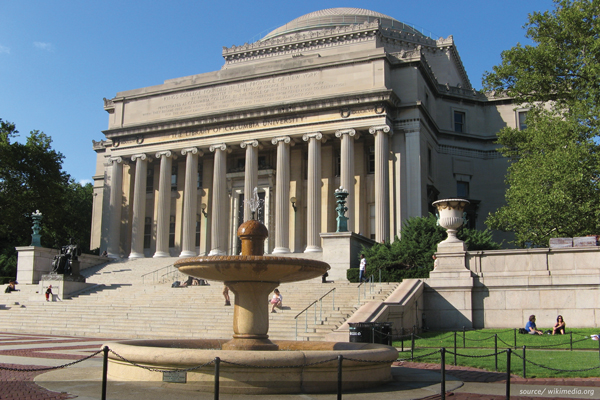
2. MIT's Sloan School of Management
Rank in 2017: 3
Famous alumni: former Hewlett-Packard CEO Carly Fiorina and Israel Prime Minister Benjamin Netanyahu.
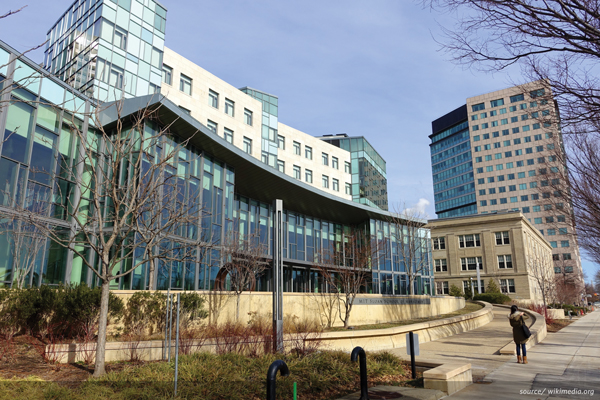
1. University of Pennsylvania's Wharton School
Rank in 2017: 1
Famous alumni: U.S. President Donald Trump and Tesla/SpaceX CEO Elon Musk.
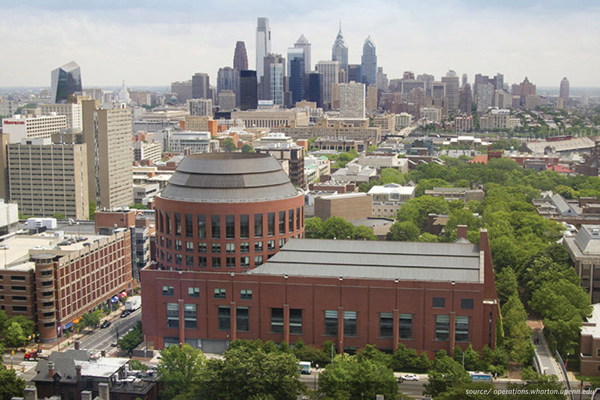
The full report can be viewed here.